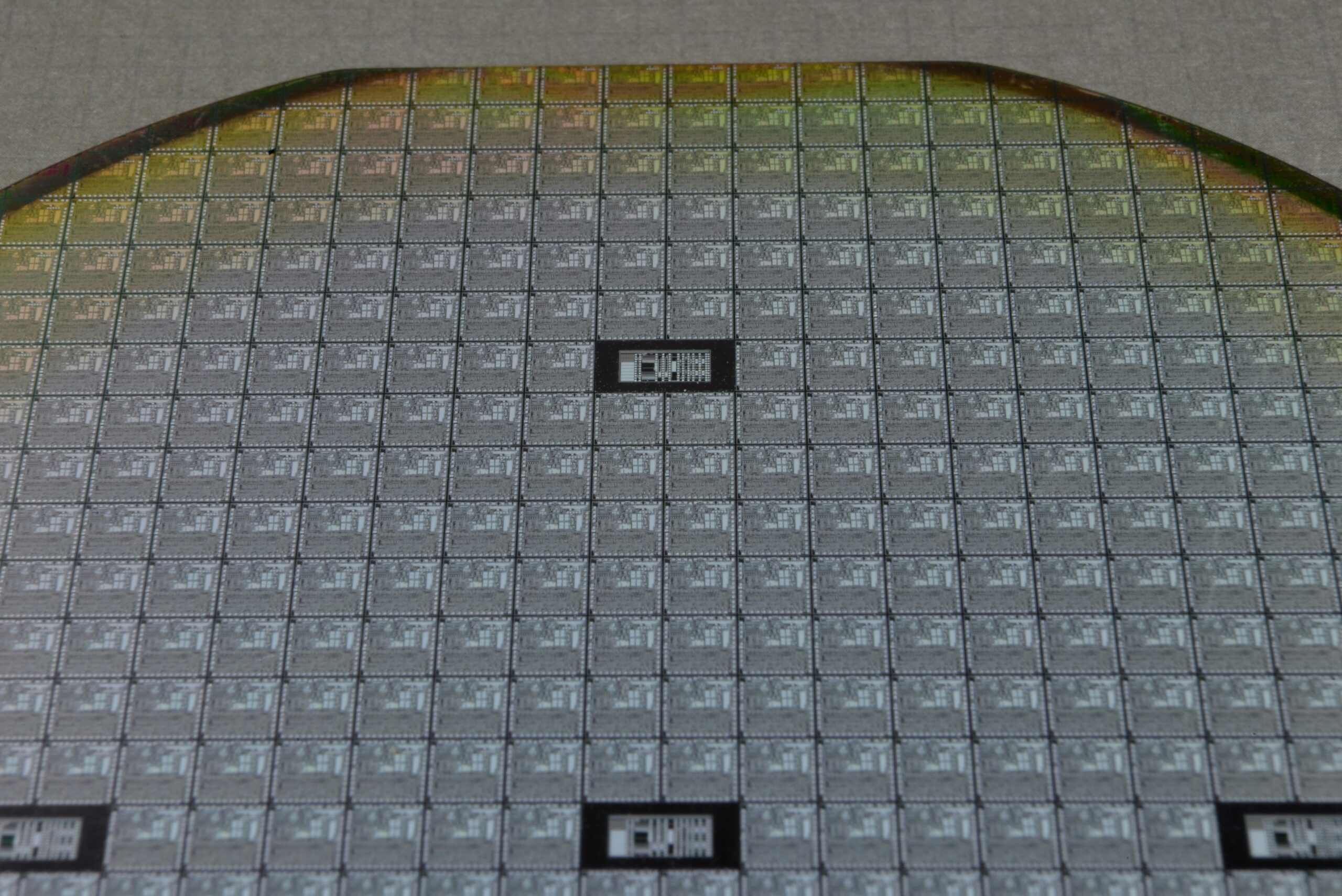Here is an overview of our China and Computer Chips Narrative Intelligence brief.

This China and Computer Chips narrative is driven by 92 sources in the U.S. Media module, amplifying 217 narrative items.
Today, our Narrative AI highlights escalating competition between the U.S. and China in semiconductor technology. The narratives highlight Huawei's advancements in AI chips, U.S. export restrictions, and China's push for self-sufficiency, illustrating the intertwined themes of national security, technological rivalry, and economic strategy.
The competition between the U.S. and China in the semiconductor industry is deeply intertwined with national security, economic growth, and technological advancement.
Demographics: China has a vast population of over 1.4 billion, providing a large consumer base for technology products. This demographic advantage fuels the demand for advanced technologies, including AI and semiconductors, which are critical for both civilian and military applications.
Geography: China has invested heavily in developing its semiconductor manufacturing capabilities, particularly in regions like Shenzhen, which is a hub for technology and innovation. The U.S. export restrictions on advanced chips aim to curb China's military modernization and technological self-sufficiency, reflecting concerns over national security. These restrictions have prompted China to accelerate its efforts to develop domestic alternatives, such as Huawei's Ascend AI chips, which are being positioned as competitors to U.S. products from Nvidia and AMD.
Economics: The semiconductor industry is vital for both nations, with the U.S. seeking to maintain its technological edge. The U.S. government’s measures to limit China's access to advanced chip-making technologies are seen as a way to protect its economic interests and military capabilities. However, these restrictions may lead to increased costs and temporary benefits, as China works to overcome bottlenecks in its semiconductor supply chain.
Politics: The rivalry is marked by a push for technological independence in China, as evidenced by initiatives to use domestically produced tools in semiconductor manufacturing. This geopolitical tension underscores the importance of semiconductors not only for economic prosperity but also for national security, as both nations vie for dominance in a critical sector that underpins modern technology.
Our Kudzu Narrative Intelligence brief auto-updates every few hours with fresh analysis:
Note: Kudzu Narrative Intelligence briefs update every few hours. Very likely, the Narrative Analysis above will have changed as well.
Image Credit for Article Header: Photo by Laura Ockel on Unsplash